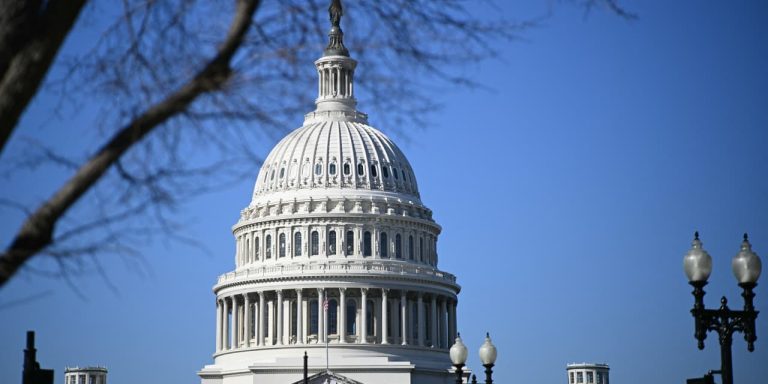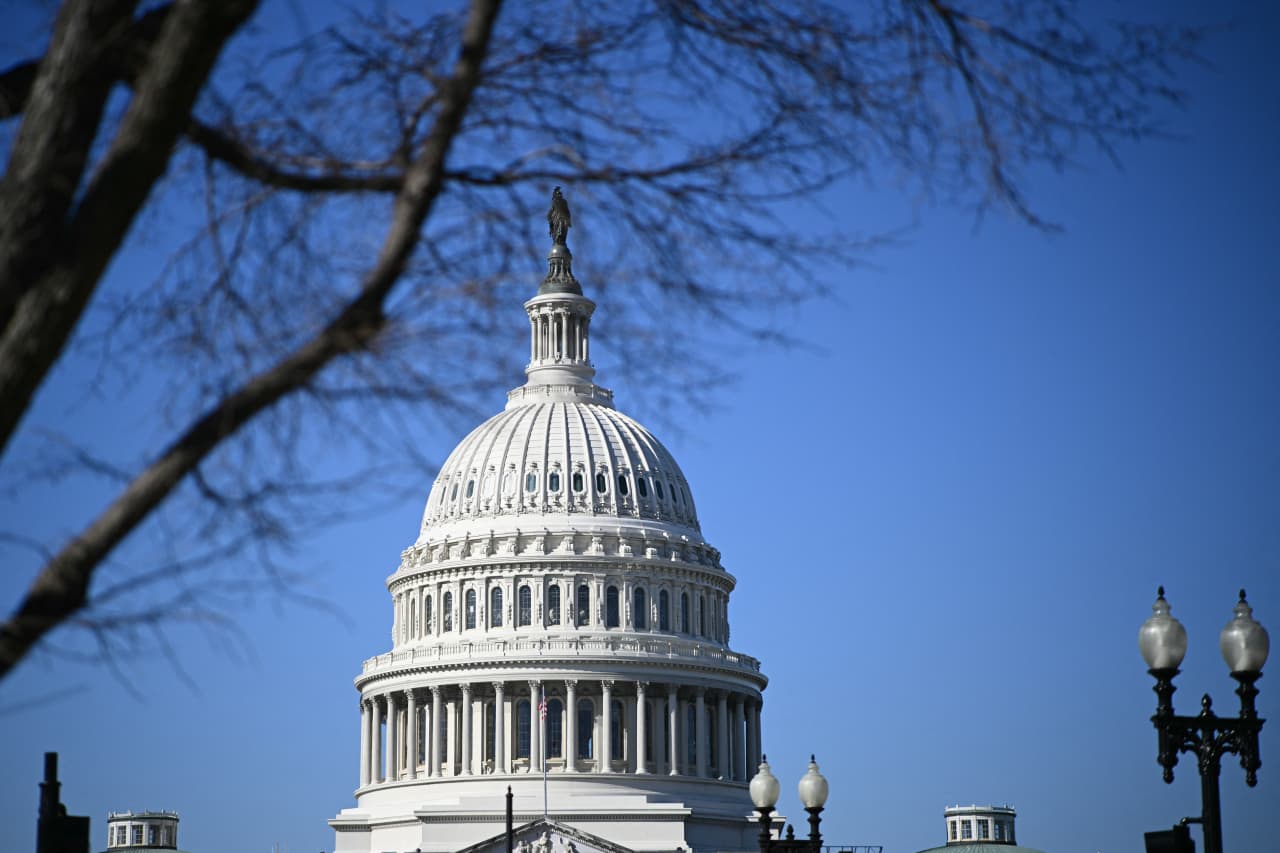Numbers: The US budget deficit this year is expected to be slightly smaller than last year, the Congressional Budget Office estimated on Wednesday, at $1.6 trillion versus $1.7 trillion in 2023. However, in the long term, the deficit will continue to rise, reaching $2.6 trillion. Trillion dollars in 2023. 2034.
Key details: The Congressional Budget Office's projections for the 2024 and longer-term deficits are lower than estimates made in May 2023, due to Congress' passage in June of a bill that imposes some restrictions on spending.
The agency expects revenues to rise faster than spending in 2026 and 2027, causing the deficit as a percentage of the economy to shrink, but it expects spending to rise more quickly than revenues after 2027.
By 2034, the deficit is expected to reach 6.1% of GDP, much larger than the average deficit of 3.7% over the past 50 years, the Congressional Budget Office said.
The Big Picture: The Congressional Budget Office said the deficit would be boosted by factors including net interest costs and growth in federal health care costs per beneficiary. The agency director said in a statement that the growth in interest costs is equivalent to about three-quarters of the increase in the deficit from 2024 to 2034.
The latest figures come as Washington faces the possibility of a partial government shutdown early next month. In January, lawmakers avoided a shutdown by passing a measure to fund the federal government until early March, giving them more time to put forward a larger funding package.
Meanwhile, President Joe Biden is scheduled to unveil his latest budget plan on March 11. However, his election-year document is certain to be blocked in the Republican-controlled House.


